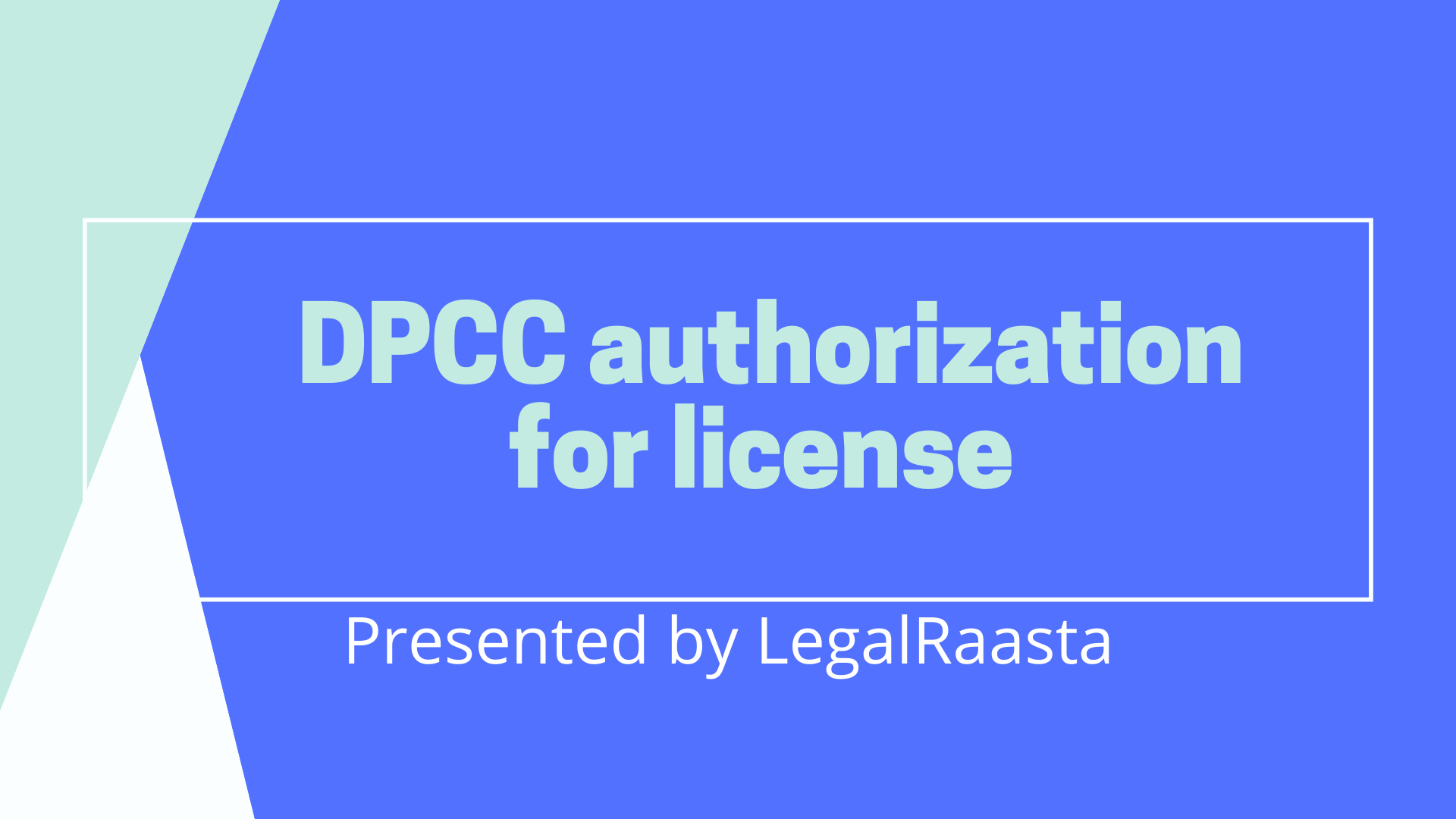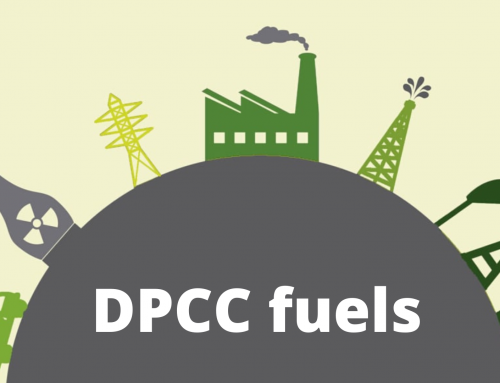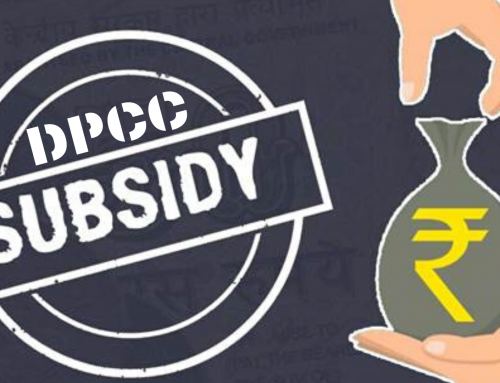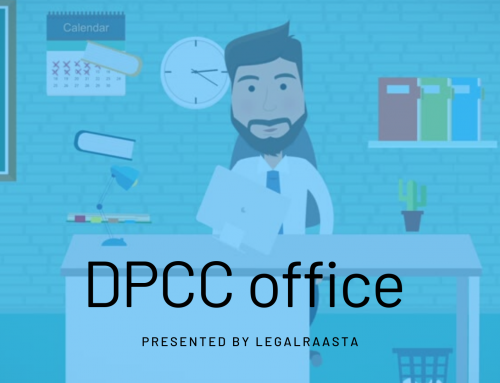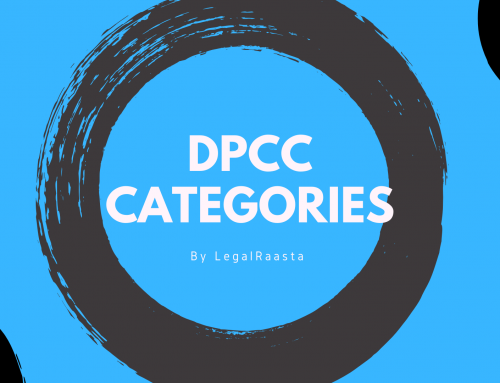DPCC Authorization
Contents
- DPCC Authorization
- Types of DPCC Authorization
- Bio-Medical Waste
- Hazardous Waste
- Electronic Waste
- Mercury Waste
- Plastic Waste
- Battery Waste
- Construction and Demolition Waste
- Fly ash Utilization
- Solid Waste Management
- Classification of DPCC authorization industries
- E-Waste DPCC Authorization
- E-waste
- Prerequisites of obtaining HWM DPCC authorization
- Frequently Asked Questions
DPCC authorization is the process of getting permission from the DPCC for activities involved in the hazardous materials generated during business operations. The permission is requested from the relevant authority for generation, collection, handling, reception, transport, storage, treatment, reprocessing, recycling, disposal and reuse of the hazardous materials generated during business operations. Businesses set up in Delhi need to get authorization of waste disposal from the DPCC.
The nature of the business and the kind of operation would determine the authorization required.
DPCC has made it necessary to obtain Consent to Operate (CTO) and Consent to Establish (CTE) to combat the ever-increasing pollution.
Types of DPCC Authorization
The nature of the business may determine the authorization type:
Bio-Medical Waste
Healthcare Establishments, Hospitals and Nursing Homes generate the waste that comes under Bio-medical waste. Rules laid by Bio-Medical Waste Management, 2016 apply to it.
Hazardous Waste
Any waste that could be a potential danger to the environment, in itself or when it comes into contact with other waste comes under hazardous waste.
The rules laid by the authorities prohibit the trans-boundary movement of such materials and the place of disposal has to be close to the source.
Electronic Waste
Every electronic appliance that is discarded comes under this category. For instance laptops, computers, cellphones, TVs, etc.
Mercury Waste
The treatment of mercury waste is the same as in the case of hazardous waste as these pose a threat to the environment.
Plastic Waste
All the wastes that are made out of plastic come under this category. This possesses a major threat when accumulated in nature for a long period of time.
Battery Waste
All the parties involved in lead-acid batteries come under this category. This includes assemblers, manufacturers, re-conditioners, auctioneers, recyclers, and bulk consumers.
Construction and Demolition Waste
All the waste generated by the activities involved in the process of construction such as concrete, bricks, wood, etc.
Fly ash Utilization
In the process of power generation with coal, ash is the waste/byproduct
Solid Waste Management
Any garbage, sludge from a wastewater treatment plant, or discarded materials- solid, liquid, semi-solid comes under this category.
Industries partaking in mining, industrial operations, agricultural operation, etc. are the ones that dispose of these wastes.
CPCB (Central Pollution Control Board), after a nationwide assessment of Industrial Clusters and thus created the Comprehensive Environmental Pollution Index (CEPI). According to the data collected, 43 such industrial clusters recorded with CEPI of more than 70 were considered critically. The calculation of the index is after considering various dimensions such as air, water, and land. Pollution index characterizes the environmental quality at a given location following the algorithm of the source, pathway, and receptor of such pollutants.
| Category | Pollution Index Score |
|---|---|
| White category | 0-20 |
| Green category | 21-40 |
| Orange category | 41-59 |
| Red category | 60 and above |
With the change in the information and communication sector, many new problems arose including an increase in the production of hazardous waste and other electrical wastes. To combat this issue, the Ministry of Environment and Forests had come up with E-Waste (Management and Handling) Rules, 2011. The rules lay down the liabilities of the producers and methods to reduce e-waste.
E-Waste DPCC Authorization
E-waste
All the items included in the Schedule I comes under E-waste, except the following items:
- Used acid batteries
- Micro enterprises
- Radio-active wastes
These are hazardous to our environment as these contain toxic elements like lead, cadmium, noxious gases, toxic metals, acids, plastics, and plastic additives. And so the disposal of these elements is vital to preserving our society.
The following are the prerequisites of obtaining HWM DPCC authorization:
- The industry is to display the updated date on the main factory gate
- There needs to be an appropriate containment system set up in the storage facility
- Every container and enclosure should be marked as Hazardous Waste in Red and written in Hindi/English
- The recipient of such materials should take precautions to prevent any accidental ignition or reaction of ignitable or reactive waste.
- The containers of such waste are to be leak-proof.
Finally, the units which are storing hazardous waste must store the waste in a manner that doesn’t contaminate the environment
Now that you have known the importance of authorization, we would you to consider registering your DPCC consent now. LegalRaasta has a team of experts who will make sure that your industry will obtain DPCC license within a month. For any queries related to this, you can either call us at +91 8750008585 or email us at [email protected].
Related articles

